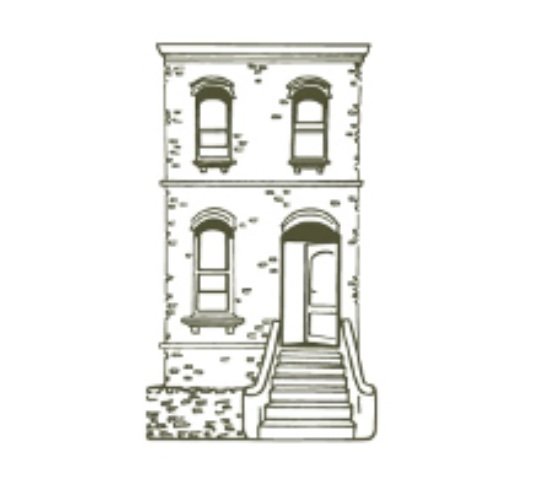relationship therapy (2)
By very definition, a relationship must be relational. Meaning: a relationship is a third thing created by at least two people. There is me, there is you, and there is our relationship.
When there is a deep conflict between couples or friends, it is often because the problem has become individualized to one or both people. The ‘other’ becomes the problem. They are somehow standing in the way of what I need/want/desire to be happy or successful in the relationship. The inference is that the person needs more information, sensitivity, understanding, or compassion…they are lacking something.
The way to work this out in many therapy models is to examine the source of the conflict, then figure out what is needed by the other person to feel happy in the relationship, and then to strategize how to try to meet each other’s needs. The relationship becomes a separated work project. You do this and I will do that. And we will check in with each other about our progress.
This then situates the problem and the solution within the individual and fails to consider the needs of the relationship itself.
What if we don’t start with the conflict story, aka the singular story of suffering, but with a re-engagement with the values, morals, and ethics that were once important to the relationship (Madigan, 2017)? This refreshes a known and valued solution story that destabilizes the dominant conflict story and offers a way forward that is relational.
The questions then become about what is in the best interests of the relationship.
What values did the relationship hold when you first met and how might they be lived into now?
How do you think our culture undermines your relationship?
If your relationship could talk, what would it say it needs to be healthy?

